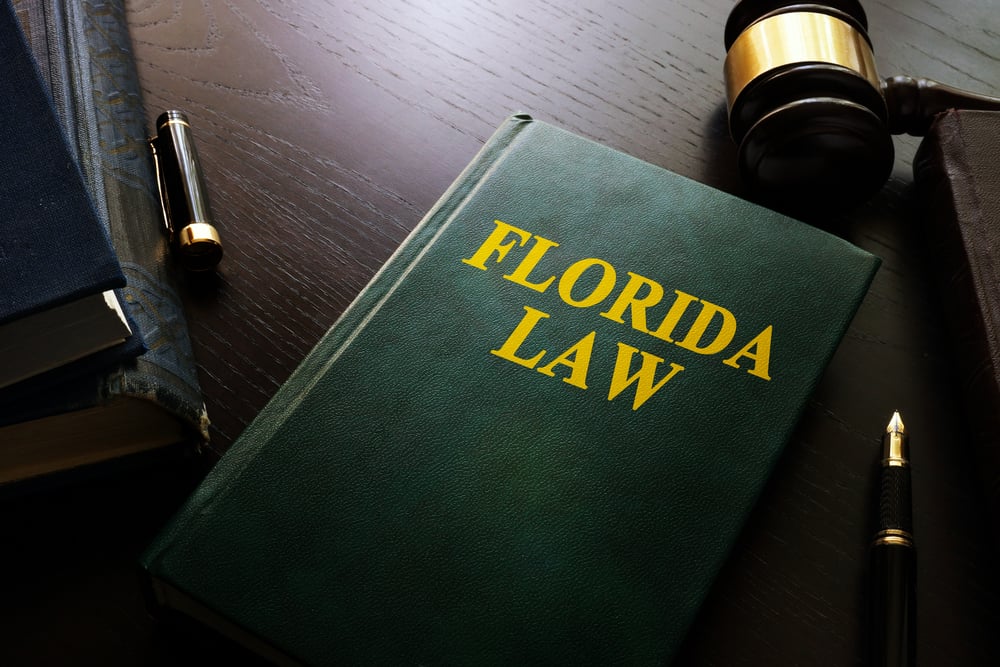Another hurdle in Florida
When the US Department of the Interior (DOI) approved Florida Governor Ron DeSantis’s sports betting deal in August, the state moved within touching distance of introducing legal wagering. That legislation is now facing multiple legal challenges from opponents, and two wealthy Miami business leaders have just joined the fight.
claims that the compact violates the Indian Gaming Regulatory Act
On Monday, millionaire developer Armando Codina and billionaire auto retailer Norman Braman filed a lawsuit in the District of Columbia. The businessmen are outspoken critics of the betting deal, and their suit alleges that the DOI “improperly allowed the State of Florida to circumvent” the state constitution. It also claims that the compact violates the Indian Gaming Regulatory Act (IGRA).
Codina and Braman’s lawsuit follows two other challenges filed by companies of Southwest Parimutuels, otherwise known as West Flagler Associates. The owners of Miami-based Magic City Casino and Bonita Springs Poker Room filed a motion for summary in federal court on Monday.
Codina and Braman’s argument
Like the Southwest Parimutuels suits, Codina and Braman’s argument focuses mainly on the compact’s mobile inclusion. Their legal challenge alleges that the agreement violates the IGRA by allowing the tribe to offer internet wagering outside of their reservations. The businessmen argue that such a change requires a constitutional amendment and voter approval before it can legally occur.
Last month, the DOI confirmed that it had taken “no action to approve or disapprove” Gov. Ron DeSantis’s sports betting deal within its 45-day acceptance window. The compact therefore received the green light by default, but Codina and Braman argue that DOI secretary Deb Haaland has shirked his responsibilities by failing to prevent the illegal contract. The second Southwest Parimutuels lawsuit also takes aim at Haaland.
Added to this, the businessmen argue that the compact violates the IGRA by allowing the Seminole to partner with parimutuel operators. In this way, they claim that the deal seeks to “‘enrich non-tribal’ interests rather than ‘protect the sovereign rights and interests of Native American Tribes and Peoples.’”
New casino licenses also an issue
Another concern for Codina and Braman centers around a provision within the deal which could allow new casinos to open up in Florida. The measure prevents the Seminole from intervening if authorities issue a gambling license to any property located more than 15 miles from its Hard Rock Hotel and Casino Hollywood.
This provision could allow the government to offer licenses for new casinos in Miami. Eric Trump, son of former US President Donald Trump, has already described his father’s Trump National Doral Miami golf resort as “a natural choice” for a gambling license. Meanwhile, Jeffrey Soffer, the owner of Fontainebleau Resort in Miami Beach, has made clear his desire to attain a license of his own.
compact “clearly telegraphs their intent for casinos in Miami Beach and Doral”
Braman and Codina have led the way in opposing attempts to introduce resort casinos in Miami for years, both helping to finance the No Casinos organization. Speaking on Monday, Codina said the compact “clearly telegraphs their intent for casinos in Miami Beach and Doral.” The plaintiffs have argued that any gambling expansion would negatively impact their properties.
“It doesn’t take a rocket scientist to see how this movie is ending,” Codina added in regard to a potential casino expansion. “We don’t want to wait to see the white of their eyes, so this is our first step.”
Parimutuels continue to fight
The owners of Magic City Casino and Bonita-Fort Myers Corp were the first to launch a legal challenge against the Seminole compact in July this year. On Monday, the operators asked the federal court to block the tribe’s sports betting launch expected on November 15. Now, Haaland and the DOI have to file their response and any cross-motions on or before October 12.
In addition to the arguments posed by Codina and Braman, the Southwest Parimutuels companies argue that the deal will force them into unprofitable partnerships with the Seminole to avoid losing further business.




